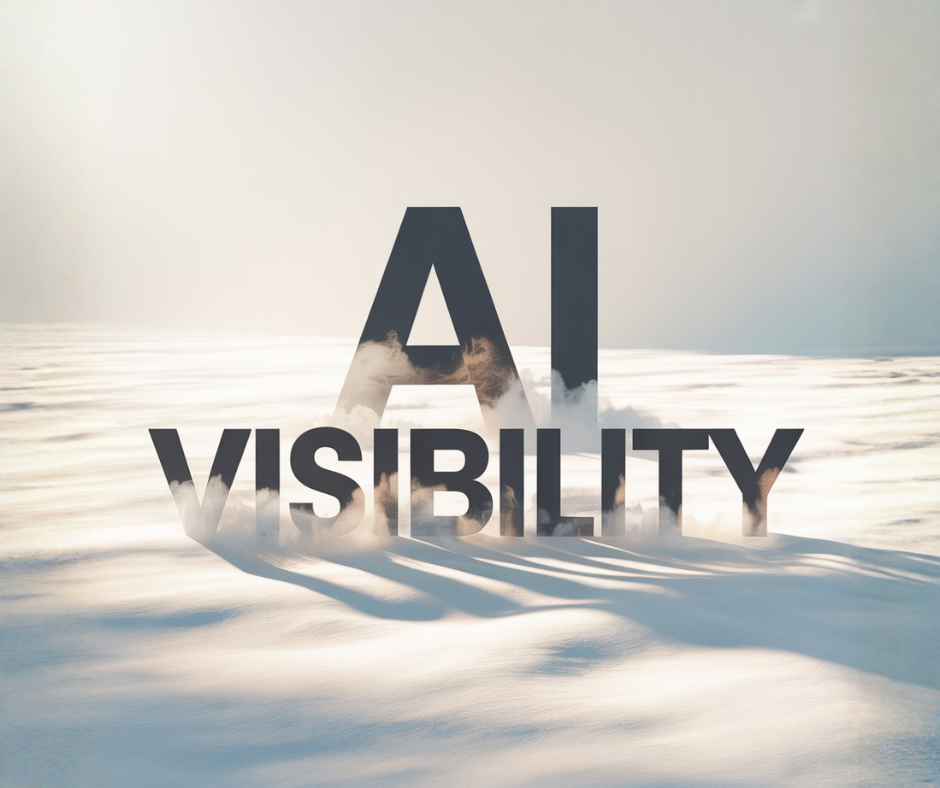I Don’t Know… It Just Doesn’t Seem Right: Ethical AI Compliance
- Joy Morales
- Oct 17, 2024
- 4 min read

There is a lot of push back when it comes to a small business and AI, but probably the most common, in our experience, is the fear of it being unethical.
In this blog we are going to discuss what every small business owner needs to know about the crucial aspect of AI implementation to ensure ethical compliance of that solution. Don't worry – we'll keep it straightforward and practical.
Why Ethics and Compliance Matter in AI
As a small business owner, you might think, "I'm just using AI to improve my operations. Why do I need to worry about ethics?" Here's why:
· Trust: Ethical AI use builds customer and employee trust.
· Legal Protection: Understanding compliance helps you avoid potential legal issues.
· Brand Reputation: Responsible AI use can enhance your business's reputation.
So, let’s break it down using this as our lens into looking deeper into AI.
Key Ethical Considerations
1. Data Privacy and Security
The thing that most businesses worry about the most is the security of their data and their customers' data. Nothing can ruin a business’s reputation more than a hack that causes customer data, especially personal and financial data, to be leaked.
Best Practices:
Be transparent about data collection and use: Inform your customers about what data you collect, how you use it, and why. Transparency builds trust.
Implement strong data protection measures: Use firewalls, anti-virus software, and regular security audits to safeguard your data.
Only collect data you genuinely need: The less data you store, the lower the risk. Be minimalistic in your data collection approach.
"The companies that do the best job on managing a user’s privacy will be the companies that ultimately are the most successful." – Fred Wilson
Tool Tip:
Consider using encryption tools like VeraCrypt for data storage. Encryption adds an extra layer of security, ensuring that even if data is accessed, it remains unreadable without the proper key.
Extra Thought:
Regular Training: Ensure that your team is regularly trained in data protection practices. Human error is often a significant risk factor.
2. Fairness and Bias
We hear a lot about how AI shows bias. The thing to remember is that AI is still reliant on human intervention; it learns from us telling it about us and what we are looking for. Many of us take a single answer as the definitive answer. It is okay, if not vital, to ask AI for clarification and correct it when it presents false information. These acts will help ensure that your AI systems are fair and unbiased.
Best Practices:
Regularly check your AI systems for bias: Implement routine audits to ensure your AI models aren't perpetuating bias.
Use diverse data sets to train your AI: Diverse training data can help reduce bias and improve the fairness of your AI systems.
Be aware of potential discrimination in AI-driven decisions: Always consider the ethical implications of your AI's decisions and outputs.
Tool Tip:
IBM's AI Fairness 360 toolkit: This open-source library helps detect and mitigate bias in AI systems, offering metrics to evaluate fairness and tools to address potential issues.
Forbes had stated in the article From Bias To Fairness: Trustworthy AI Through Responsible Development: "Data integrity is the bedrock of responsible AI. Imagine building a complex system on a foundation riddled with inconsistencies and inaccuracies. Biased training data is akin to this shaky foundation, leading to unfair outcomes and perpetuating harmful stereotypes."
The bottom line to remember is that ensuring fairness and addressing bias is crucial for building trust and making ethical decisions with AI.
3. Transparency and Explainability
Ensuring your AI is transparent, and its decisions can be explained is, and it will be important to make sure fears are alleviated not only for your customers but for you and your staff. For example, our business, Your AI Wizards, when we discuss our content service, Your AI Business Store (AIBS), always let clients know that this is AI generated content.
Solution:
Be ready to explain how your AI makes decisions: It's crucial to understand and articulate the logic behind your AI's decisions to build trust.
Don't use AI for critical decisions without human oversight: Always have a human in the loop for important decisions to add a layer of accountability.
Inform customers when they're interacting with AI: Transparency with your customers fosters trust and sets clear expectations.
Tool Tip:
LIME (Local Interpretable Model-agnostic Explanations): This tool helps you understand and explain the decisions made by AI models, providing insights into why specific outcomes were reached.
Fei-Fei Li, Co-Director of Stanford University's Human-Centered AI Institute, in a Wired article stated: "The development of AI is not just a matter of building better algorithms, but also about ensuring transparency and accountability in how these systems operate."
Clear communication about AI decision-making processes is essential for building and maintaining trust with your customers.
Wrapping Up
Implementing AI ethically might seem daunting, but it's an essential part of responsible business practices. By considering these aspects now, you're setting your business up for long-term success and building trust with your customers and employees.
Remember, ethical AI use isn't just about compliance – it's about doing what's right for your business and your stakeholders.
Need more guidance on implementing AI ethically in your small business? Don't forget, we offer free consultations to help you navigate these complex waters.
Thank you for joining us on this AI adoption journey. Here's to your ethical and successful AI-powered future!
Today’s AI Resources:
VeraCrypt: An encryption tool for data storage, adding an extra layer of security to stored data.
IBM's AI Fairness 360 toolkit: An open-source library that helps detect and mitigate bias in AI systems, offering metrics to evaluate fairness and tools to address potential issues.
LIME (Local Interpretable Model-agnostic Explanations): A tool that helps understand and explain the decisions made by AI models, providing insights into why specific outcomes were reached.
Your AI Business Store (AIBS): AI generated social media content with branding and posting services available for the small business.
Today’s Articles:
To see the whole phobia blog: https://www.youraiwizards.com/post/don-t-be-scared-of-ai-how-are-phobias-lead-to-ai-bias-for-small-business
To see how to overcome the fears surrounding AI: https://www.youraiwizards.com/post/overcoming-ai-phobia-do-new-solutions-bring-new-fears
To overcome anxiety for an AI change: https://www.youraiwizards.com/post/navigating-through-the-fear-of-ai-adoption-solutions-for-small-businesses



Comments